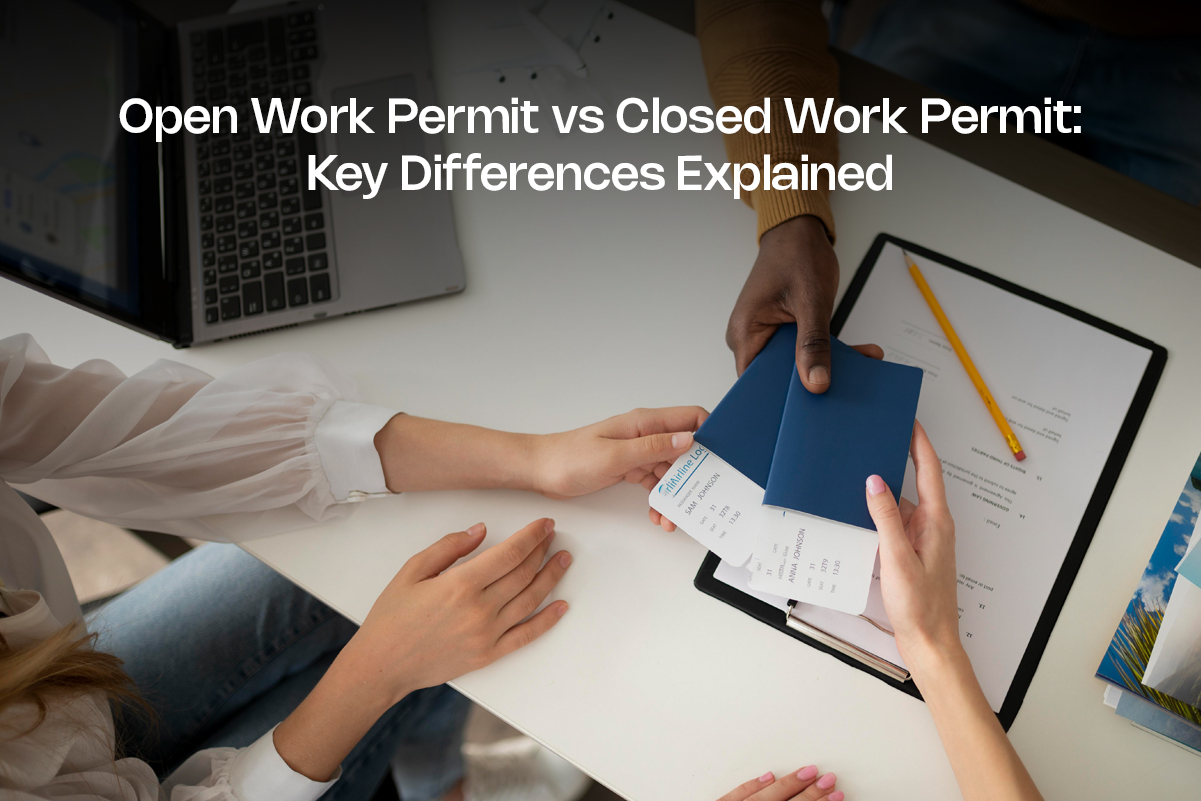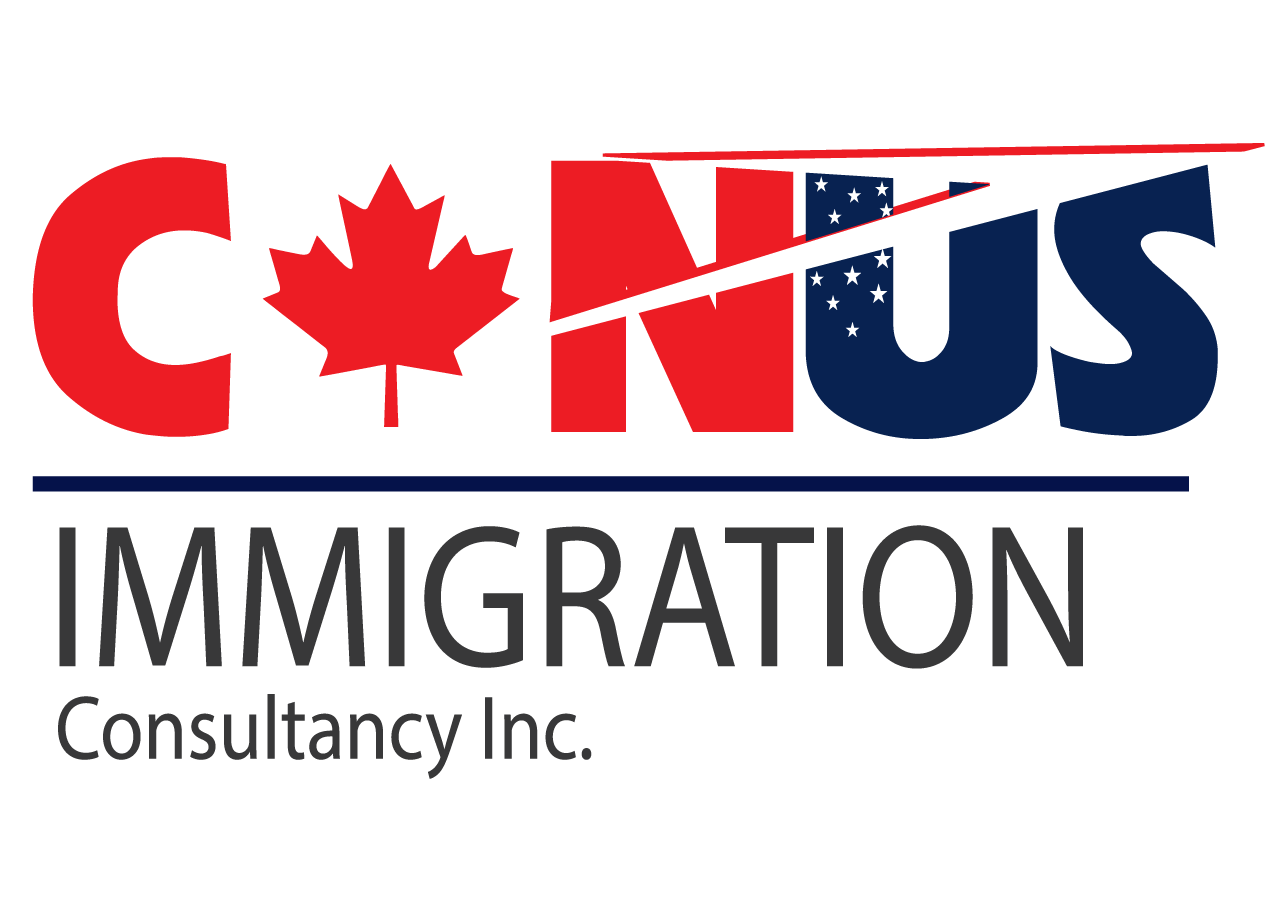Open Work Permit vs Closed Work Permit: Key Differences Explained

Canada gives two main work permits to foreign workers. Each permit works differently. One lets you work anywhere. The other ties you to one job. Your choice affects your whole life in Canada. An open work permit gives you freedom. You can work for any boss you want. A closed work permit locks you to one employer only. Pick the wrong one and you might regret it later. This guide helps you choose wisely.
What Makes These Work Permits Different?
The big difference is job freedom. Open work permits let you work anywhere in Canada. You can quit bad jobs and find better ones. You can work for multiple employers if you want. Closed work permits trap you with one boss only.
Open Work Permits
Open permits let you work for almost any employer in Canada. You don’t need a job offer before applying.
You can get an open permit if you are:
- The spouse or common-law partner of a skilled worker or international student
- An international student who recently graduated from a Canadian school (Post-Graduation Work Permit – PGWP)
- A refugee or asylum seeker waiting for a decision
- Holding a special permit or status (such as under public policy or humanitarian reasons)
Closed Work Permits
Closed permits tie you to one employer. You must have a valid job offer first.
To get a closed permit:
- Your employer often needs to get a Labour Market Impact Assessment (LMIA) from the Canadian government
- Some jobs are LMIA-exempt due to international agreements or special programs
- You can’t switch jobs without applying for a new permit
This choice changes everything about your Canadian life. So it’s better to consider your options closely and then make a decision. Many people choose closed work permits and they are happy about it. But, you know, an open work permit seems more beneficial, evidently.
Who Can Get Each Permit Type?
Different people qualify for different permits. Your situation decides which one you can get. Some lucky people can choose between both types. Others only qualify for one option. Personal facts matter a lot here.
Married people often get open permits easily. Their spouse must work in Canada first though. Students can get open permits after they graduate. Refugees also get open permits while they wait. These groups have it easier than others.
Closed permits need a job offer first. A Canadian boss must want to hire you. They usually need government approval too. This takes time and costs money. Some special jobs skip this step though.
- Spouses of skilled workers can get open work permits, but only if the worker has a valid job in a high-skilled occupation (TEER 0, 1, 2, or 3 under the NOC system). The worker’s permit must also be valid.
- Graduates can apply for a Post-Graduation Work Permit (PGWP) if they finish a full-time program at an eligible Canadian school. The program must be at least 8 months long. Not all programs or schools qualify.
- Refugee claimants can get open work permits while they wait for a decision on their case. They usually apply after their refugee claim is accepted for review.
- Closed work permits always need a job offer from a Canadian employer. The employer may need an LMIA (Labour Market Impact Assessment) to hire a foreign worker.
- Some jobs do not need an LMIA. These include jobs under international agreements (like CUSMA), intra-company transfers, and some research or charitable work.
Open permits give you power. Closed permits make you depend on your boss. The best immigration consultant near me can tell you which permit fits your life. Good advice saves you from big mistakes.
Good and Bad Points of Each
Open work permits give you total job freedom in Canada. Bad boss treats you poorly? You can quit and find better work. No need to apply for new permits each time. This freedom helps you get better pay too. Bosses know you can leave anytime.
Which One Should You Pick?
Your life situation picks the best permit for you. Think about your family first. Do you have a spouse in Canada already? Think about your career goals too. Want to try different jobs or stick with one field?
Consider your safety net too. Open permits protect you from bad employers. They can’t threaten your immigration status. Closed permits might get you permanent residence faster though. Some employers help with immigration applications.
Young people often prefer open permits for career exploration. Older workers might want closed permits for stability. People with families need to think about everyone’s needs. Single people have more flexibility in their choices.
The best immigration consultant near me can study your case and give smart advice. Professional help often saves time and money in the long run.
How to Apply for Each Type
Both permits use similar application steps. You fill out forms online or on paper. Wait times change based on where you live. Open permits often take longer to process than closed ones.
You need different papers for each permit type. Open permits need proof you qualify. Marriage papers work for spouse applications. School papers work for student applications. Get the wrong papers and your application gets rejected.
Closed permits need job papers from your employer. Job offers must show your pay and duties clearly. Work contracts should match your application exactly. Missing papers slow everything down badly.
How Long Applications Take to Apply?
Wait times change all the time based on how busy offices are. Open permits usually take longer than closed permits. Some countries wait longer than others regularly.
- Online applications go faster than paper ones
- Complete applications avoid delays
- Busy seasons make everything slower
- Missing papers restart the whole process
Check current wait times before you apply. Plan your Canada move based on real timelines, not best hopes.
Your permit choice affects your whole Canadian experience. Think about now and later too. Open permits give job safety and career freedom. Closed permits might get you permanent residence faster through boss help.
Talk to immigration experts before you decide anything. They know current rules and can guess future changes. Good advice often pays for itself through faster approvals and fewer mistakes.
Your Next Steps
Both work permit types help different people in Canada’s immigration system. Your choice depends on your personal life and career dreams. Open work permits offer freedom to change jobs. Closed permits provide boss-sponsored immigration chances. Think about what matters most to you before choosing.
Getting professional immigration help makes navigating complex rules much easier. You can contact Canus Immigration for the best guidance. The right choice opens doors to your Canadian dreams and future success.
